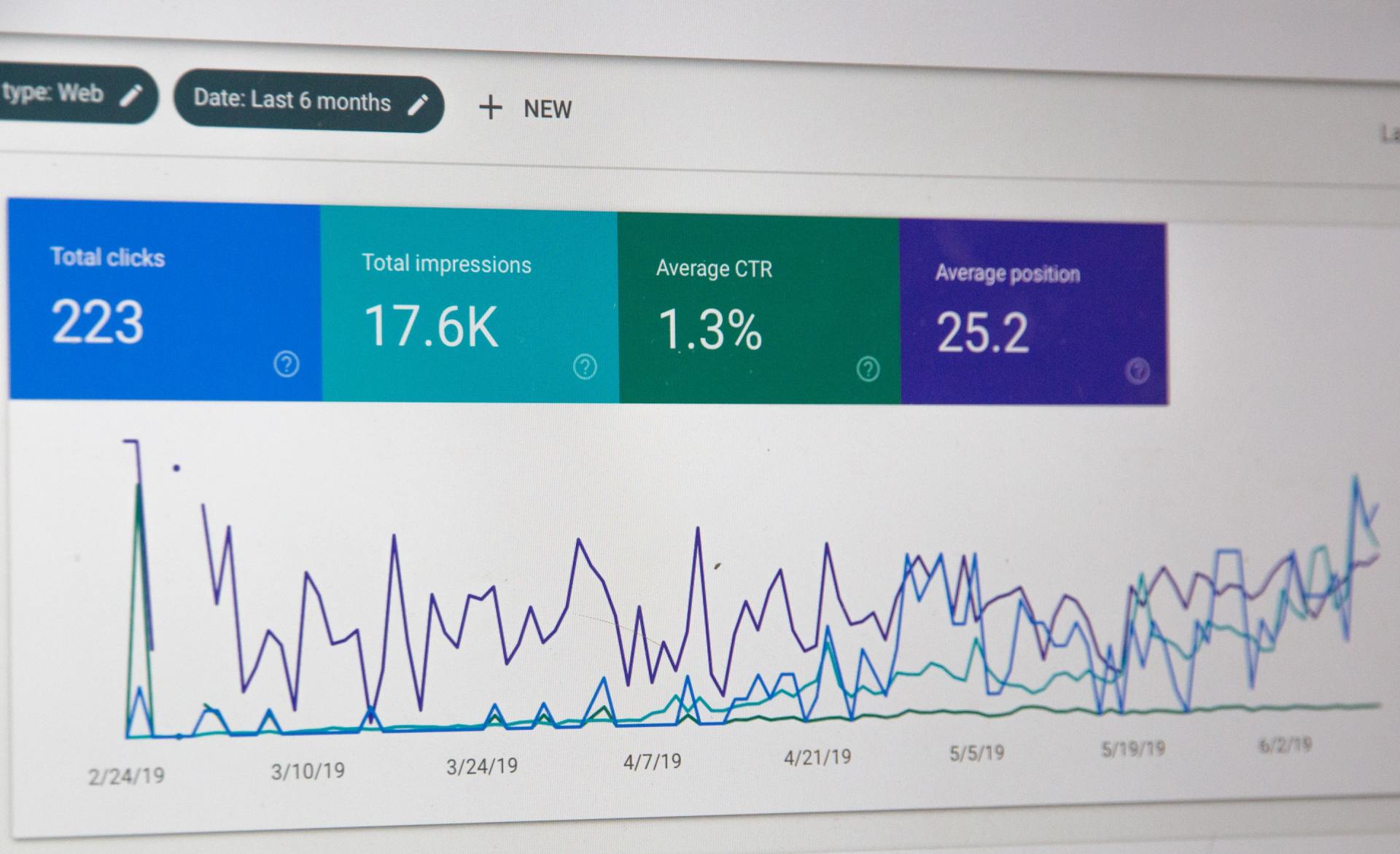What Are Interpersonal Skills?
Why You Should Develop Interpersonal Skills

There are many skills that you should have to succeed in today’s professional environment. From simple communication to in-depth product knowledge, there’s a wide range of skills you have to master.
On the top of that list sits interpersonal skills. Regardless of where you are in your career (whether you're applying for a new position or you're eyeing a promotion), interpersonal skills like communication are a must.
In this article, we'll explore everything you need to know about interpersonal skills. We'll include examples of what they look like in real life and give you tips on developing them.
So let’s help you figure out how you can stand out in your career using interpersonal skills.
What are Interpersonal Skills?
Simply put, interpersonal skills can be described as a set of behaviors related to how you interact with others. So think of soft skills like communication, active listening, and empathy when you hear the phrase interpersonal skills.
All aspects of life, including business and personal relationships, are affected and conducted using some level of these skills. In an organization, interpersonal skills affect how you get along with your team members and solve conflict or tension in the workplace. You can use active listening, for example, to get to the root of the issue and then use effective communication to solve the problem.
Interpersonal vs. Intrapersonal Skills
Before we go any further, we need to clarify the difference between interpersonal and intrapersonal skills. There tends to be some confusion about which is which.
There are several differences between the two besides a few letters. Intrapersonal skills refer to how you talk to yourself in your mind. Interpersonal skills, on the other hand, revolve around how you relate to other people in conversations.
However, both skills are connected because having solid self-awareness (intrapersonal skills) can help you develop better interpersonal skills. This means you'll be able to manage your emotions and respond accordingly regardless of the situation.
Why are interpersonal skills necessary?
Successfully navigating your career path has a lot to do with how you interact with people, whether coworkers or teammates. Needless to say, it's crucial to know how to appropriately interact with everyone. Without strong interpersonal skills, it would be challenging to perform well.
Given how crucial these skills are, many (if not all) employers look for individuals that have strong interpersonal skills. Why? Because it means they can communicate and work well with others to improve the business' bottom line. In fact, in some careers, such as customer service, strong interpersonal skills are critical.
Additionally, interpersonal skills help you interact with others in a way that is respectable. These skills are fundamental if you're in a career that doesn't allow you much interaction. For example, suppose you spend most of your time on the computer. In that case, you still need to interact with other members of your organization. This requires you to have good communication since you might have to explain complex information to colleagues who may not understand your work the way you do.
Types of Interpersonal Skills
There are several types of interpersonal skills, and many of them work well together. Below we’ve listed common interpersonal skills along with examples of what they look like in action.
- Communication — Refers to how you communicate clearly and effectively with others.
- Conflict management — These skills focus on how you deal with difficult professional situations as they arise. This could mean mediating an issue between team members or seeking solutions for a personal matter. Regardless of where you are in your career, conflict management is an essential skill.
- Leadership — How you can motivate and encourage others, regardless of your level of seniority, is what leadership is all about. It also refers to how capable you are to step up to the plate in scenarios where a leader is needed.
- Empathy — Having empathy is the most important interpersonal skill. Empathy is not limited to personal relationships only; even in business, you need empathy, care, and understanding for your colleagues.
- Active Listening — Works together with communication and empathy. You need to actively listen to those you work with. This makes everyone feel comfortable, listened to, and valued.
- Collaboration — Teamwork makes the dream work. You need to be able to get along with others and work as a team to get the job done.
Examples of Interpersonal Skills
The table below gives you real-life examples of interpersonal skills.
| TYPE OF INTERPERSONAL SKILL | EXAMPLE OF INTERPERSONAL SKILL IN REAL LIFE |
|---|---|
| Communication | All non-verbal communication (facial cues, body language, etc.), verbal communication like public speaking, written communication, and the ability to develop rapport |
| Conflict management | Mediating, problem-solving, active listening |
| Leadership | Motivation, encouragement, mentoring, management, diplomacy, dependability, consulting, constructive criticism, flexibility |
| Empathy | Being compassionate, diplomatic, caring, kind, understanding, developing rapport, practicing active listening |
| Active Listening | Active-listening, ability to focus, curiosity, ability to focus |
| Collaborate | Working well in a team, understanding team dynamics, ability to see both sides, make people feel respected and valued |
How to Develop Interpersonal Skills
Here are a few tips to help you develop your interpersonal skills and improve those you already have.
- Make use of available resources.
There are thousands of online resources, courses, and even books from experts on the subject. These will give you a better understanding of the importance of interpersonal skills and provide tips on developing them. - Look for areas for improvement.
Figuring out which areas you need improvement in are crucial. You can ask your colleagues for feedback.
If you work in customer service, you can check customer feedback or monitor your NPS scores to see where you need to improve.
- Ask for feedback, and improve your skills.
As we have already mentioned above, one of the ways you can figure out how well you're doing is to ask for feedback .
Ask your mentors, boss, or manager about your communication, listening, etc. This is an excellent way to see how well you're fairing. The next step is to figure out how to improve using the feedback you've been given.
This leads to the next point. - Practice your skills.
As with anything in life you want to master, you need to practice. Try to place yourself in situations where your interpersonal skills are put to the test. For example, you can step up during team meetings and assume leadership roles. Remember to ask for feedback from team members and learn what went right and what needs more work. - Remember that it's a journey, not a destination.
Although you may want to perfect your skills, keep in mind that there is no way to be perfect. Think of this process as a journey that doesn't have a specific destination. You can always improve regardless of how good you’ve become.
Also, different roles require different crucial skills. For example, working the customer service lines may require you to focus more on problem-solving and empathy. On the other hand, if you become the manager in the department, you may spend more time collaborating and resolving conflict.











